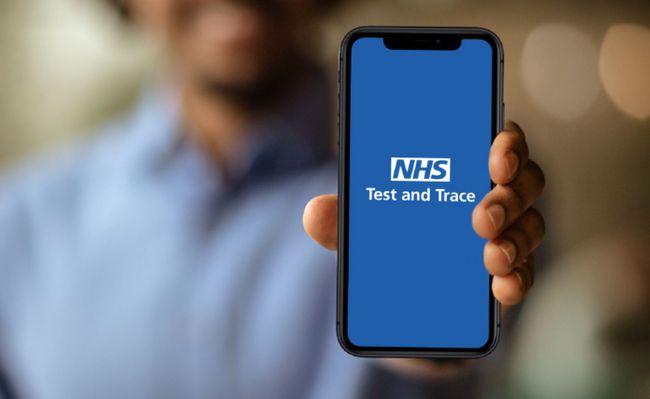Contact-tracing apps 'could improve COVID vaccination strategy'

Targeting people for COVID-19 vaccination using contract-tracing apps could be a shortcut to achieving herd immunity in the population using fewer doses, according to Canadian researchers.
According to Mark Penney, Yigit Yargic and colleagues from the Perimeter Institute for Theoretical Physics in Ontario, targeting vaccines to people who have more exposure than others is the most effective way to reduce transmission of SARS-CoV-2.
The problem is that it can be very challenging to identify those individuals, but existing Bluetooth-enabled contract tracing apps could be harnessed in this way to improve vaccination campaigns – especially when supplies are limited.
Use of the apps to target vaccines in this way is analogous to a wildfire-fighting practice called 'hot-spotting', which targets sites with intense fire, according to the researchers.
Using a simulation, Penney et al suggest that a hot-spotting strategy is somewhere between one and four times more efficient than the uniform vaccination strategy, with the greatest benefit seen when vaccine supplies are at their most constrained.
It could reduce the number of vaccine doses needed to achieve herd immunity by up to one half, they calculate. A measure of transmission – which the team calls the vaccine reproduction number – declines in direct proportion to vaccine coverage using a uniform strategy.
With hot-spotting, the post-vaccine reproduction number declines very rapidly with very low vaccine coverage, before eventually converging to the same level as the uniform approach.
While it has been widely reported that the success of digital contact tracing technologies has been hampered by inadequate uptake rates, the researchers found improvements even for simulations in which relatively few people use the apps.
In the future, the modelling approach used for this study could be refined, such as by incorporating the effects of strains on the healthcare system.
The new findings suggest a technically feasible way to implement an improved vaccination strategy for emerging infectious diseases.
"The technology underlying digital contact tracing apps has made it possible to implement novel decentralised and efficient vaccine strategies," write the scientists in the journal PLOS One.












